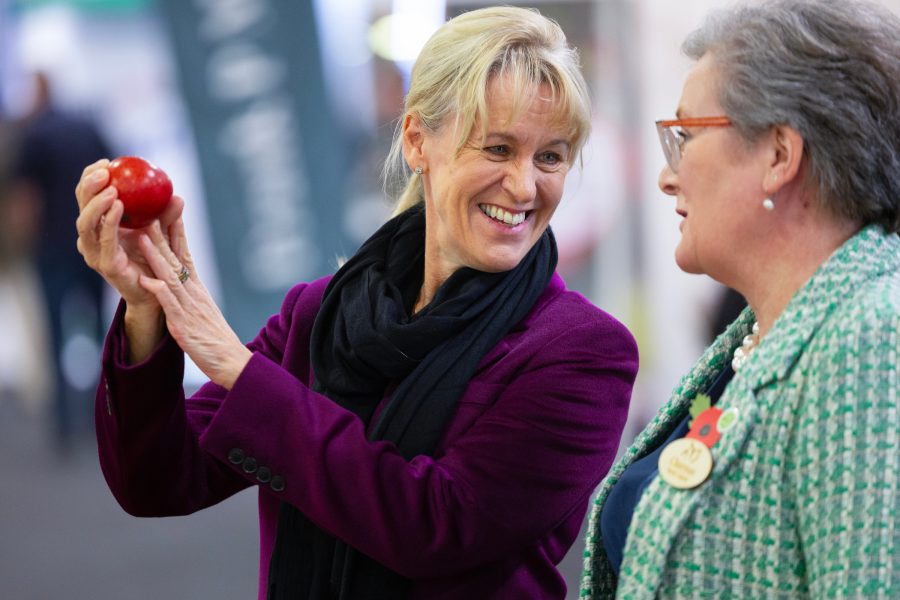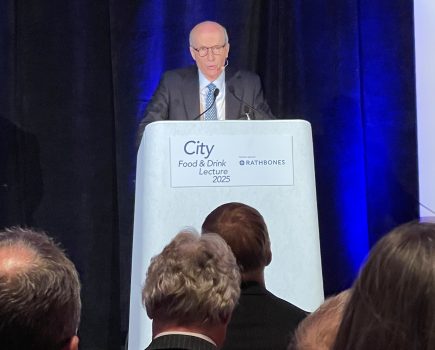The first two months of the year see the final round of macroeconomic trend briefings for the city for the financial year. I’ve been fascinated by the far-reaching subject matter and the incredible number of ‘doh!’ moments I have had when realising why things have happened, or the wider ranging implications of something that I had assumed only affected my previously narrow career focus.
For instance, the impact of panic solutions brought in during the pandemic live on with the cultural changes that the six-foot rule created. This didn’t come from a robust scientific study; there appears to have a been a shrug, a statement somewhat along the lines of: “It would be better if people kept their distance” and an arbitrary six-and-a-bit feet (or two metres) was chosen. Classrooms closed, everything closed, plunging us into social and economic freefall.
The effects are still manifest. Going to work and school became optional, quiet quitting became a thing (for those who have avoided this phenomenon, it’s putting in the minimum effort required to remain employed, no volunteering to help, nothing extra, no additional hours and no proactive behaviour, a new work to rule) and many businesses are now frantically revising contracts to try to get their teams working in a cohesive way again and help train recruits who need their peers to be present.
So, how does this affect fruit farming? Well, coupled with Brexit and the war in Ukraine, it’s a major contribution to our economic freefall. We’re less economically productive at a time when we need to increase productivity and profitability so that wages can rise. To afford a wage rise, we need to be able to trade freely, crawl out of a recession, again, and then pay a proper value for our food.
If you read Prof Tim Lang’s book Feeding Britain, he details the cyclical hell that farming is in from a policy perspective; he maps how we lurch from our inability to feed ourselves, with a reliance on less nutritious imports, to returning to shooting ourselves in the foot (from a policy perspective) once we are nearing the point of healthy productivity.
Look at the costs of the latest round of proposed border control to businesses.
The Office of National Statistics has indicated a 4% rise in consumer prices compared to January 2023, maintaining the inflation rate observed in December.
The Chancellor’s remarks demonstrate the challenge of achieving the 2% target essential for easing household economic pressures, and the much longed for lowering of interest rates. And now there is an added complication of the new border controls, which will have a serious impact on businesses and consumers as they affect both plants and flowers.
The Government’s approach has received stark criticism from Nigel Jenney of the Fresh Produce Consortium, who has cited the estimated 8% to 16% increase in costs. The result is that while some inflationary pressures might be easing, the sector faces high additional and avoidable costs imposed by government.
Naturally, simple solutions like the ability for a business to become approved to receive imports and complete official inspections at commercial premises, instead of the costly and lengthy delays of inspections at the port, have been ignored.
I cannot write this month without mentioning Minette Batters, who has reached the end of her epic term of office as president of the NFU. I was invited to the first of the round of ‘farewell and thank you’ parties, at which it was wonderful to see a strong turnout of ministers past and present, as well as some of those in the vanguard of food and farming production and policy.
Minette has been an inspirational leader, absolutely the person we needed to guide the industry through the past few years. It will be interesting to see where she lands next, as there will surely be another significant role for her.







